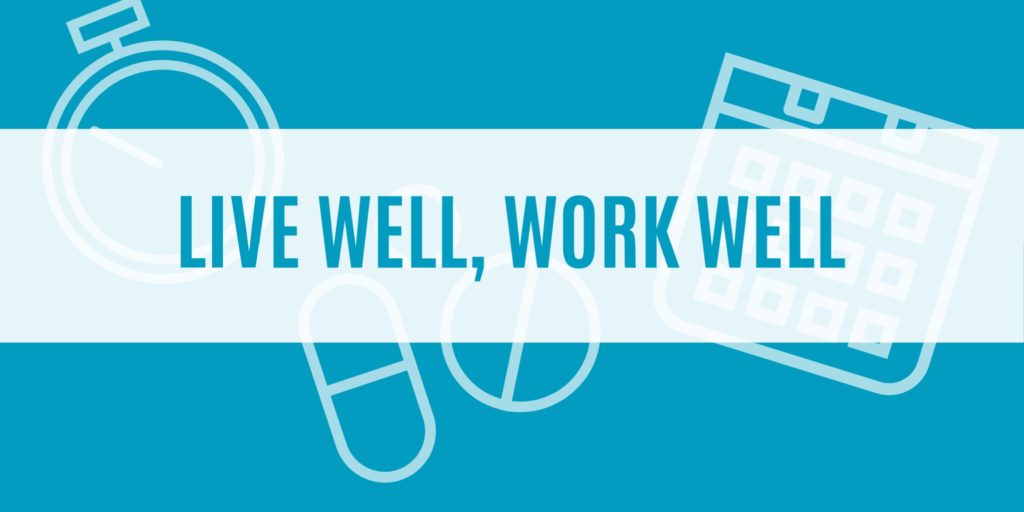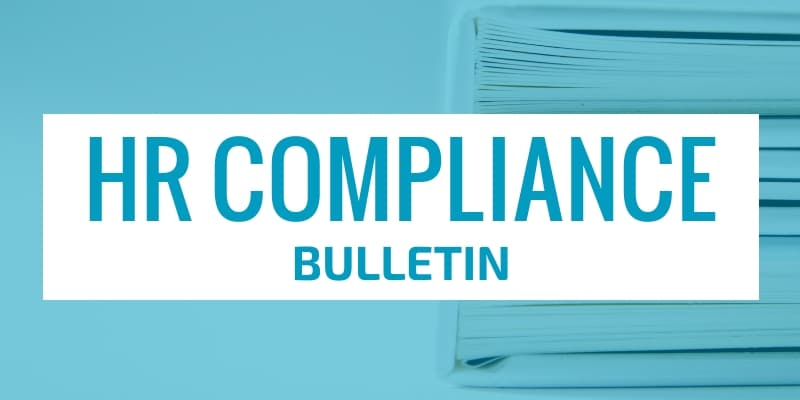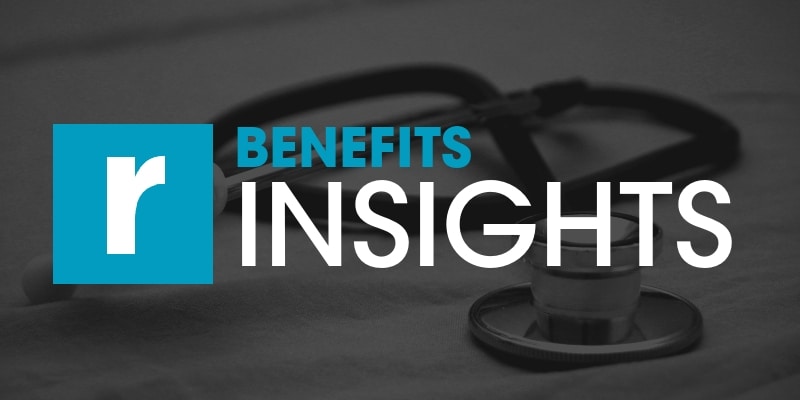06 Nov Combating Eye Strain from Remote Work
 The Vision Council reported that more than 70% of Americans don’t know—or don’t believe—that they could suffer from eye strain.
The Vision Council reported that more than 70% of Americans don’t know—or don’t believe—that they could suffer from eye strain.
The reality is that most adults are on digital media for about four to six hours each day. If your job involves working on a computer and you’ve been logging on from home, you may be racking up even more hours than normal in front of a brightly lit screen. 06 Nov The Catch-Up Payment Provision for Overtime Exempt Employees
 The U.S. Department of Labor’s (DOL) final rule on defining and delimiting the exemptions for executive, administrative, professional, outside sales and computer employees (EAP employees) became effective Jan. 1, 2020. Among other things, the final rule updated the standard salary level employees must satisfy to qualify for an overtime exemption.
The U.S. Department of Labor’s (DOL) final rule on defining and delimiting the exemptions for executive, administrative, professional, outside sales and computer employees (EAP employees) became effective Jan. 1, 2020. Among other things, the final rule updated the standard salary level employees must satisfy to qualify for an overtime exemption.
The final rule also allows employers to use nondiscretionary bonuses and incentive payments (including commissions) to satisfy up to 10% of the standard salary level if these payments are made at least on an annual basis.
To enable compliance with the nondiscretionary bonus option, the final rule allows employers to make a “catch-up” payment at the end of each 52-week period. This Compliance Overview explains how this provision can be used. 06 Nov 5 Ways to Manage Poor Workplace Performance Among Remote Workers
 A successful business is all about accountability. Each worker’s individual contributions build on one another and culminate into something greater, to the benefit of the company and its customers.
A successful business is all about accountability. Each worker’s individual contributions build on one another and culminate into something greater, to the benefit of the company and its customers.
Conversely, when some individuals struggle with their performance, the entire organization can suffer.
Unfortunately, addressing poor performance isn’t always easy. This is especially true amid the COVID- 19 pandemic, as remote working often makes accountability more complicated. This article offers five tips to help employers manage poor performance in the workplace, even while everyone is working from home. 29 Oct Work Opportunity Tax Credit Available Through Dec. 31, 2020
 The Work Opportunity Tax Credit (WOTC) is a federal tax credit available to employers that hire individuals from certain “targeted groups” that have consistently faced significant barriers to employment.
The Work Opportunity Tax Credit (WOTC) is a federal tax credit available to employers that hire individuals from certain “targeted groups” that have consistently faced significant barriers to employment.
An employer may claim the WOTC for wages paid to these individuals during their first year of employment, as long as they are hired before Dec. 31, 2020, and work at least 120 hours for the employer during that first year. The credit is calculated as:
- 25% of the wages paid to an employee who worked between 120 and 400 hours; or
- 40% for an employee who worked more than 400 hours.


 The COVID-19 pandemic is not only challenging the way Americans live on a daily basis, but also posing significant economic threats that could have a lasting effect on their financial well-being.
The COVID-19 pandemic is not only challenging the way Americans live on a daily basis, but also posing significant economic threats that could have a lasting effect on their financial well-being.